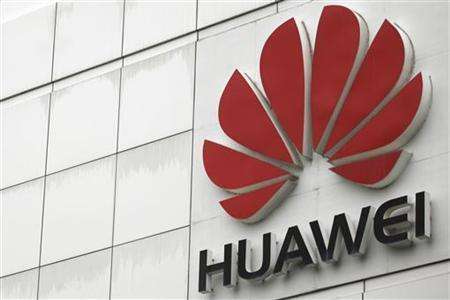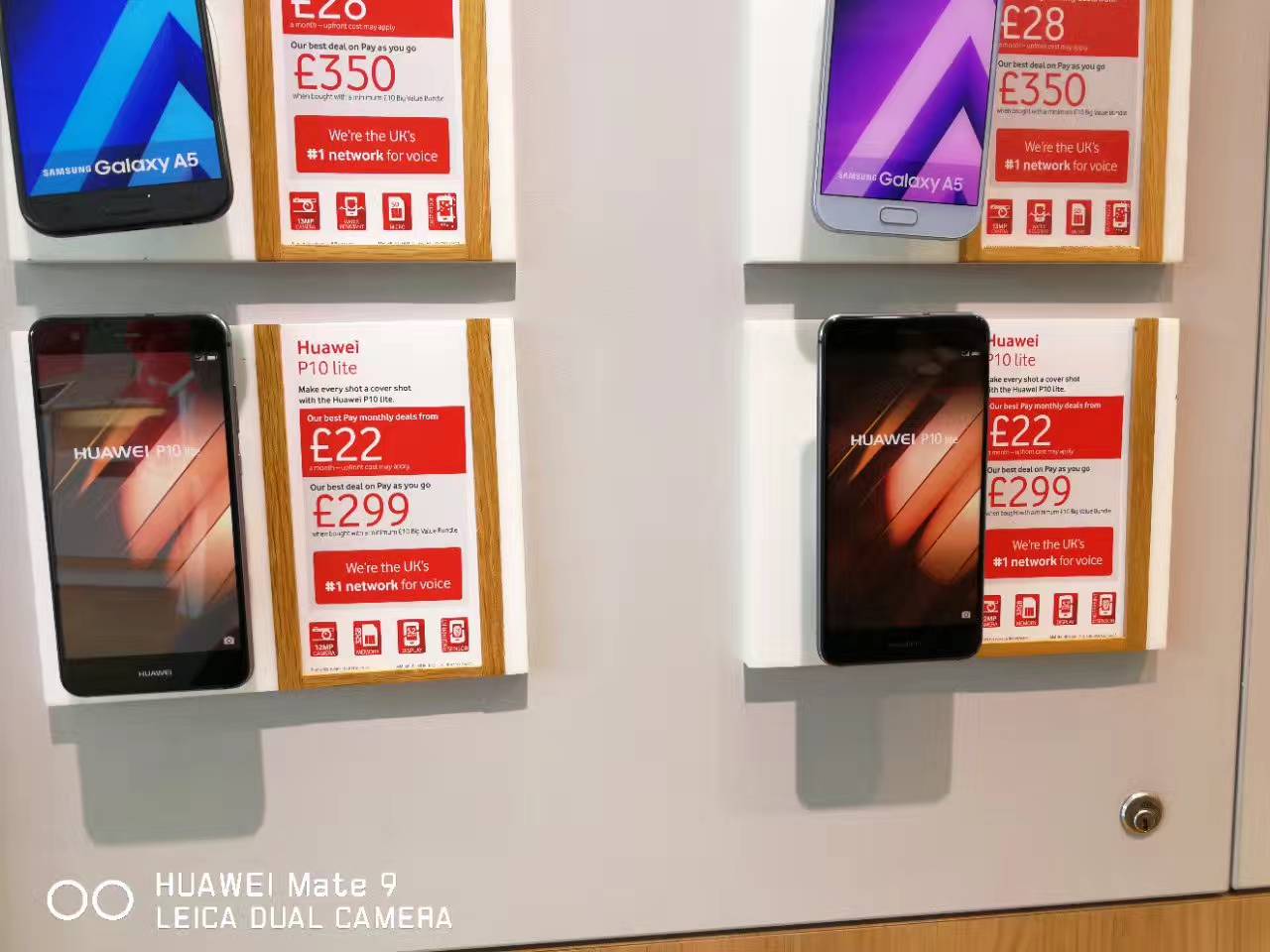ã€Global Network Technology Report】 On June 13, Huawei’s mobile phone received a “sale ban†in the United Kingdom. Huawei’s mobile phone will be removed unless Huawei can pay royalties.
This is a judgment from the Patent Court of England and Wales High Court (England and Wales High Court). The patent dispute began in March 2014. A company called UPI (Unwired Planet International) also used Huawei, Google, and Samsung in the United Kingdom. They appealed to the Patent Court and claimed that the three infringed on the six patents they held, five of which involved 2G, 3G and 4G related standard-essential patents. The company has gradually reached a settlement with Google and Samsung over the past few years.

For this decision, the official Huawei terminal said in response to confirmation that the ban had no effect on the business operations of Huawei mobile phones, and was only a paper ban.
“Huawei has received a judgment from the High Court of England and Wales and is still evaluating this decision and the follow-up measures it will take. Huawei has always fully respected the intellectual property rights of others and also focused on protecting its own intellectual property.†Huawei The spokesman said.
This patent dispute began in March 2014, when UPI filed suit in China for Huawei, Google, Samsung and others to the Patent Court, claiming that the three infringed on the six patents it held.
Event playback:
"UPI" was formerly known as the Openwave system of mobile software companies. In May 2012, it stopped its products and services at that time, and transformed its licensing and patent protection companies.
In January 2013, the company acquired more than 2,000 patents from Ericsson, including 753 U.S. patents on 2G, 3G and LTE technologies. These patents related to Huawei's 2G, 3G, 4G base stations and mobile phones and tablet products. Due to the lack of agreement with Huawei to discuss patent licensing fees, Huawei was sued in the UK.
From October 2015 to July 2016, 6 patents involved were divided into 5 groups for technical tests and comparisons. As a result of the ruling, Huawei infringed on UPI’s purchase of two patents from Ericsson. In April this year, a British court ruled that UPI’s asking price was too high and gave a license fee that the court considered reasonable.
Huawei did not lodge an appeal on this matter again, but UPI was too low to appeal and appealed again.
After three years of entanglement, regarding the standard-essential patent licensing dispute between Huawei and UPI, the English-Welsh High Court Patent Court ruled last week:
1) Promulgating a "sale ban" on Huawei's infringement;
2) Huawei shall pay 2.9 million pounds in compensation;
3) Regarding global patent licensing, Huawei is allowed to appeal, and UPM is allowed to appeal on the mixed global benchmark.
The British court decided this time a new form of "FRAND" ban. Before Huawei and UPI formally signed a patent license agreement, Huawei mobile phones will not be allowed to be sold in the UK market.
In response, Huawei Terminal explained that the current so-called "FRAND" ban in Britain is created by the judge in order to elaborate the concept of the legal aspect. The licensing agreement as long as Huawei is willing to sign the final ruling will be revoked.
In addition, if Huawei lodges an appeal, the ban will cease to be effective during this period. Huawei's sales in the UK and around the world are not affected by this ruling, and mobile phones and other products are misunderstood in the English language. Currently, Huawei has not formally implemented it. Prior to this, Huawei had not appealed the court’s decision for licensing fees, and only appealed against other legal aspects.

(Current sales of Huawei handsets in UK operator stores are normal)
As to why the agreement was not signed, Huawei's terminal said that for Huawei, it has been used by patent holders of various countries, including some patents, for years to gain unjustified patent gains and hijack the physical industry.
In recent years, intellectual property lawsuits have steadily increased with the rise of Chinese mobile phone manufacturers. But many times are games of interests, but the end result will generally be settled.
As early as 2014, in the dispute between Huawei and US IDC standard essential patents, the Guangdong Provincial Higher People’s Court concluded that IDC’s licensing rate to Huawei was about 100 times that of Apple’s licensed company and about ten times that of Samsung’s. A clear violation of the FRAND principle. The judgment of the court directly determined that IDC's standard-essential patent royalty rate in China was no more than 0.019%. "The third-rate enterprises are hard-working, the second-rate enterprises are selling products, the first-class enterprises are selling patents, and the first-class enterprises are selling standards." According to Ou Xiping of the Guangdong Higher People's Court, which handles the above cases, Chinese companies need to be protected from patents by others. The fundamental solution lies in constantly strengthening their own innovation capabilities and making their own invention patents the new standards.
3.1 Home Theater Speaker,Home Cinema System,Bluetooth Home Theatre,Home Theatre
GUANGZHOU SOWANGNY ELECTRONIC CO.,LTD , https://www.jerry-power.com